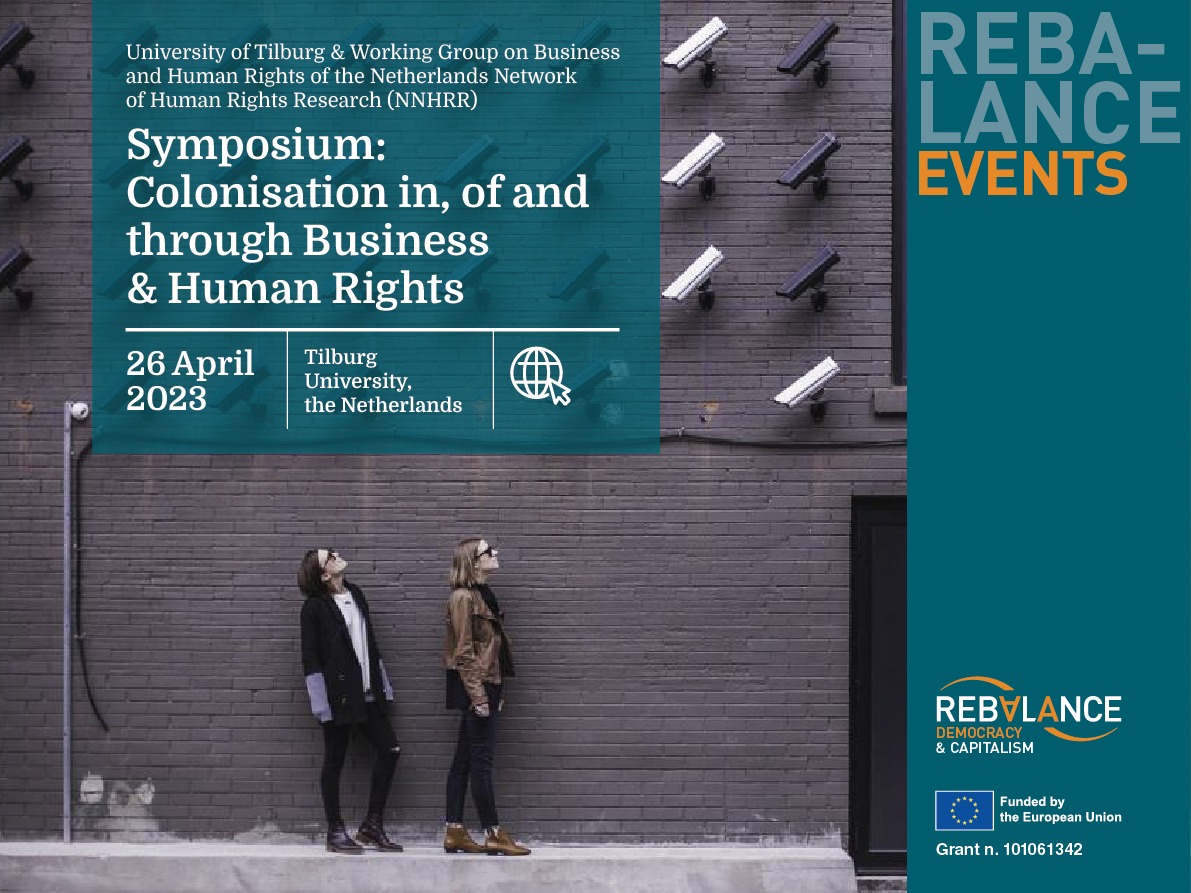Colonialism is historically recognised as the practice of subjugation of people and appropriation of land put in place by European nations on the other continents between the XV and XX centuries. But it is much more than this. Since its inception, the term could be associated also with the activities of some multinational enterprises, mano larga of European colonial states. But even when colonialism formally ended, the term continued to be associated with Western businesses exercising economic power in developing countries. Beyond this, colonialism could be associated with corporate capture, when businesses attempt to influence political and legislative processes. It can also be connected to radical capitalism in terms of the exploitation of the world’s resources. Some have even associated colonialism with the human rights language because, despite its apparent universalism, human rights originated in the West and are often used to export Western concepts, such as neo-liberalism, globally. Furthermore, although business and human rights (BHR) as a discipline emerged precisely to counter the governance gaps and imbalances created by the power of transnational corporations, often described as neo-colonialist global actors, the field of BHR is not itself exempt from a neo-colonialist or TWAIL critique. Indeed, some critics accuse business and human rights litigation and emerging mandatory human rights and environmental due diligence laws of imposing the extraterritorial application of Western laws to corporations abusing human rights in developing countries. Other scholars instead, consider the business and human rights field as a victim of colonialism. They argue that corporations are in the process of colonising the BHR field by increasingly shaping its discourse and agenda.
The goal of the symposium is to reflect on the various meaning of colonisation in, of and through business and human rights. What are the multiple relations between colonialism, business and human rights? The symposium aims at analysing this question from a 360-degree angle. We invite scholars from all social sciences and any country to present their different perspectives on this pressing question.
More info on the Symposium at this link










